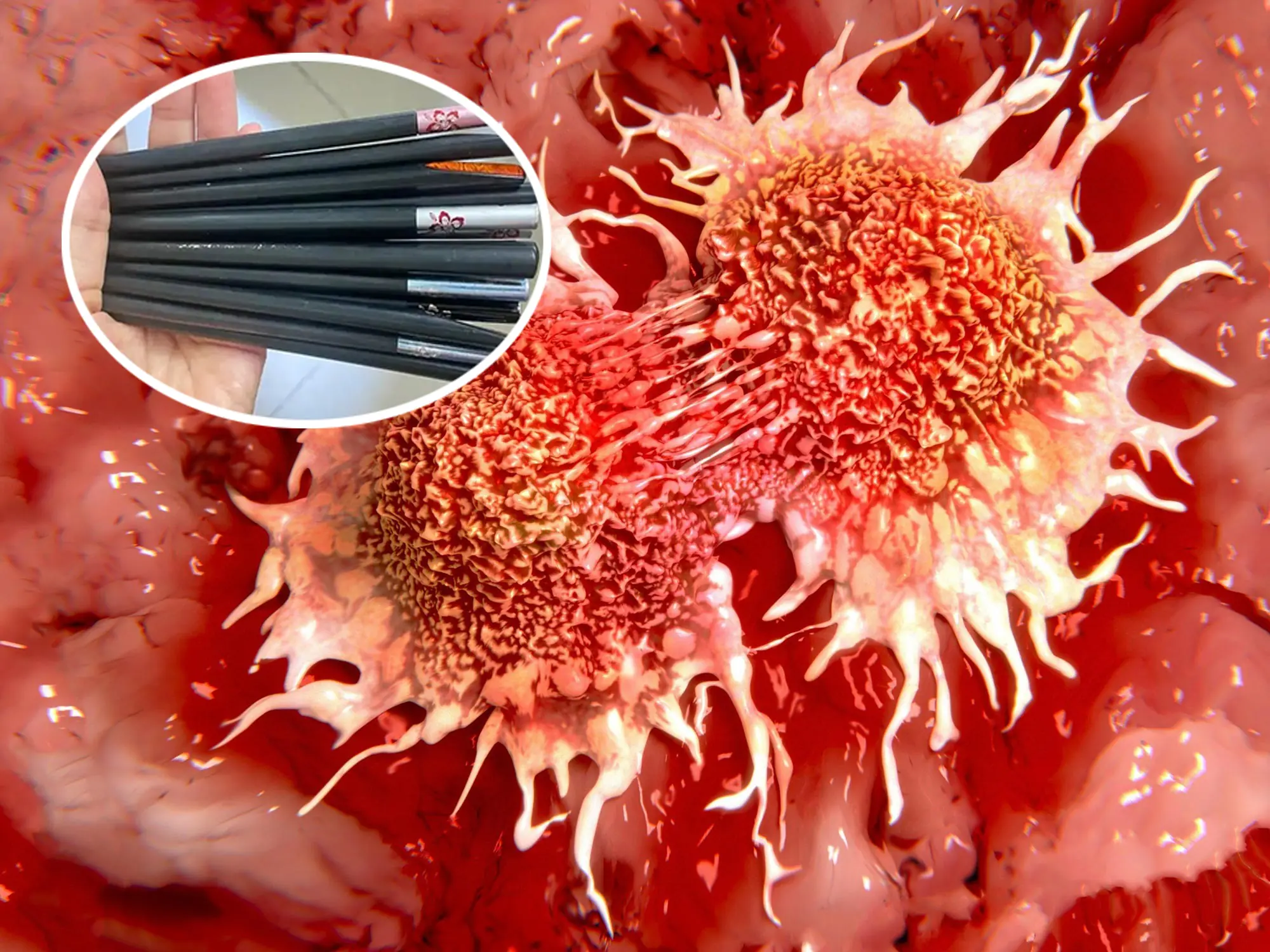Two men in the U.S. contracted a parasitic infection after receiving kidneys from the same donor. Learn about this rare case, symptoms, diagnosis, and the importance of donor screening.

(Left:) Close-up of the parasites that infected a man after a kidney donation and caused bruising (right) on his stomach.
Credit : 2025 Massachusetts Medical Society
Parasitic Infection from Kidney Transplant: Two Men Infected by Same Donor
In a rare and concerning medical case, two men in the northeastern United States contracted a parasitic infection after receiving kidney transplants from the same donor. This incident underscores the critical importance of thorough screening of organ donors to prevent the transmission of infections to recipients, especially those on immunosuppressive therapy.
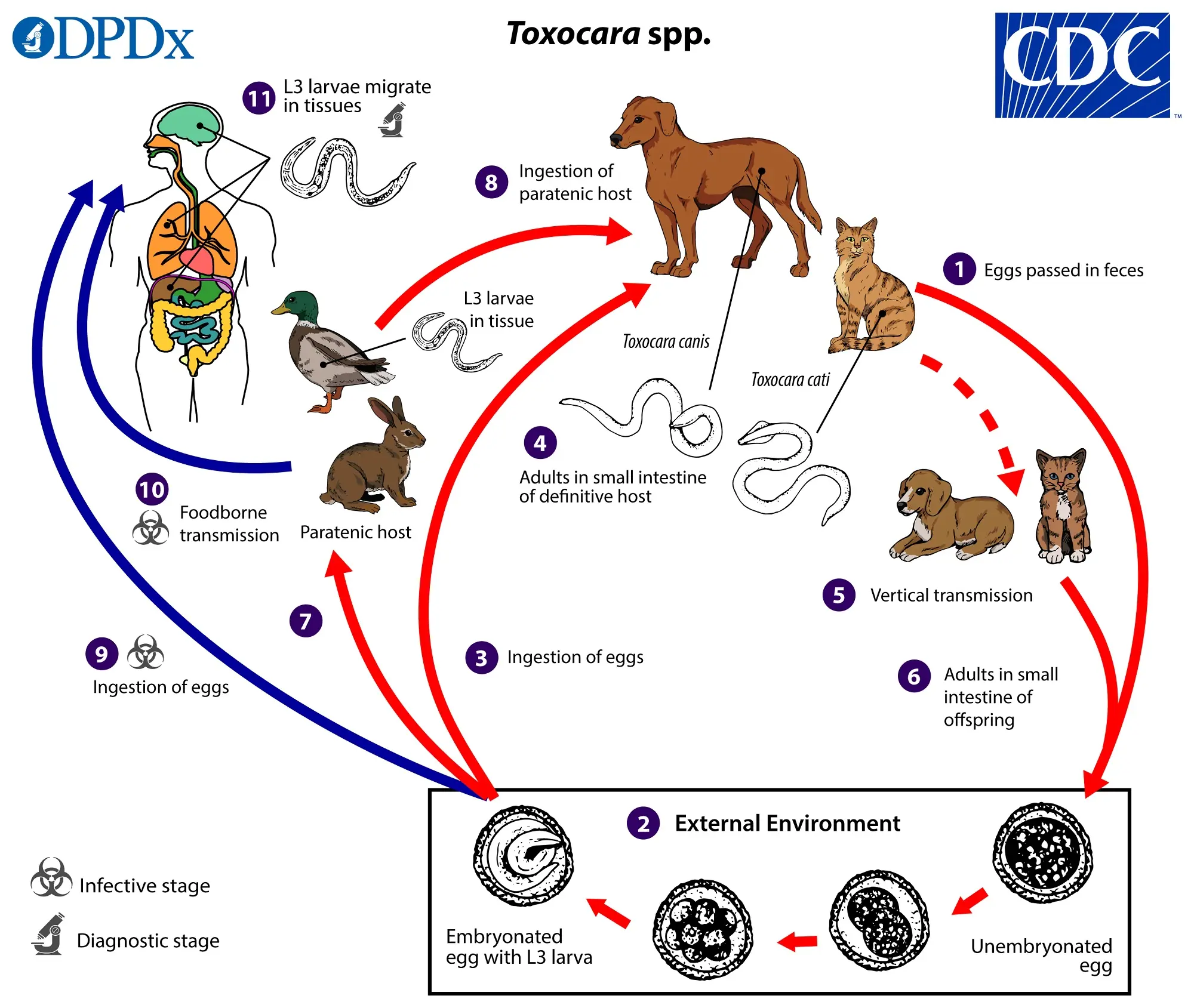
The Case
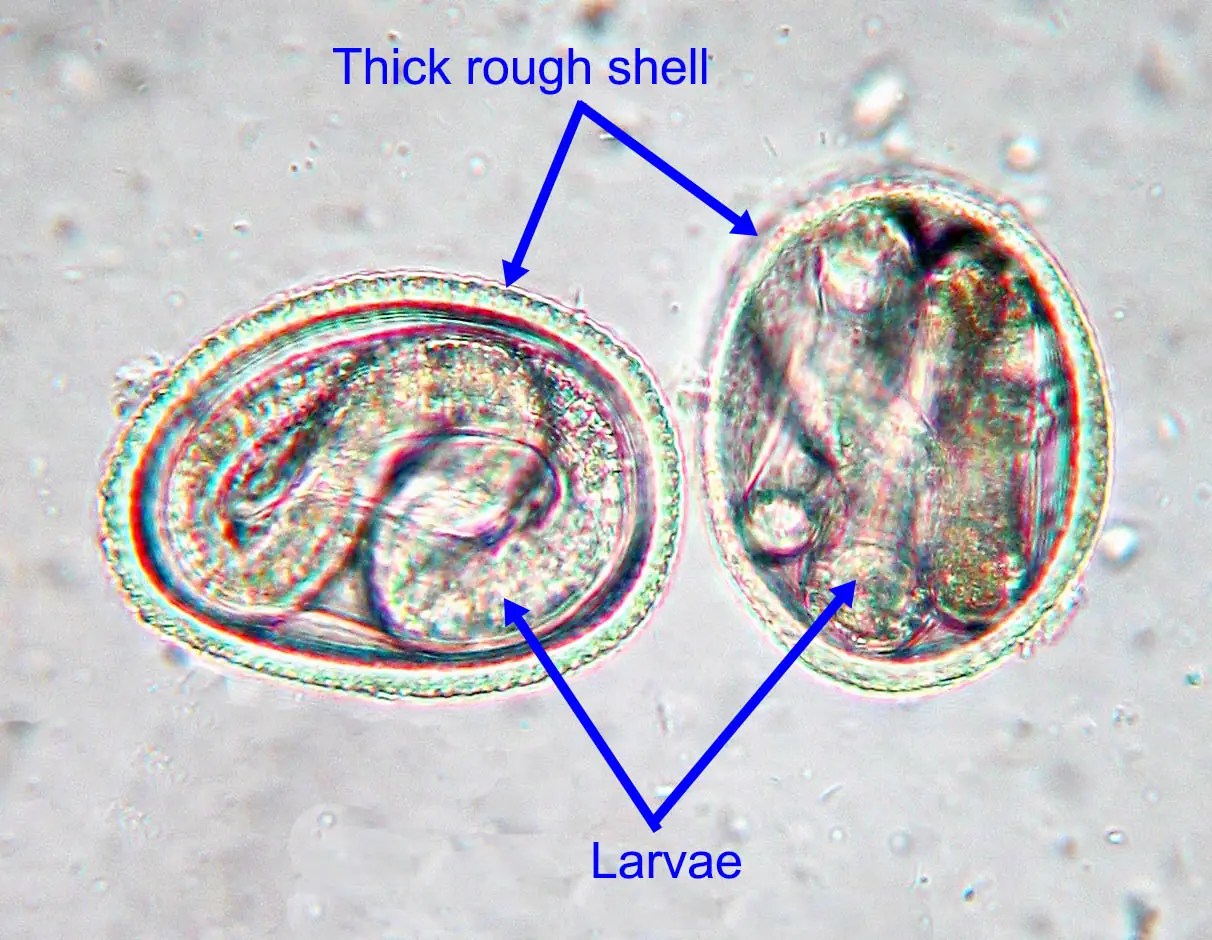
A 61-year-old man from the Boston area underwent a kidney transplant due to end-stage kidney disease. Ten weeks post-surgery, he returned to the hospital with symptoms including vomiting, excessive thirst, nausea, abdominal and back pain, and a fever. Given his immunosuppressive medication regimen, healthcare providers considered various potential sources of infection.
Upon examination, the patient presented with a distinctive purple rash and respiratory failure. Blood tests revealed elevated eosinophil levels, a type of white blood cell associated with parasitic infections. A lung biopsy identified roundworm larvae with "rounded heads and tapered tails," characteristic of the Strongyloides parasite.
Subsequent testing confirmed that the kidney donor had tested positive for Strongyloides, indicating a donor-derived infection.
The Second Case
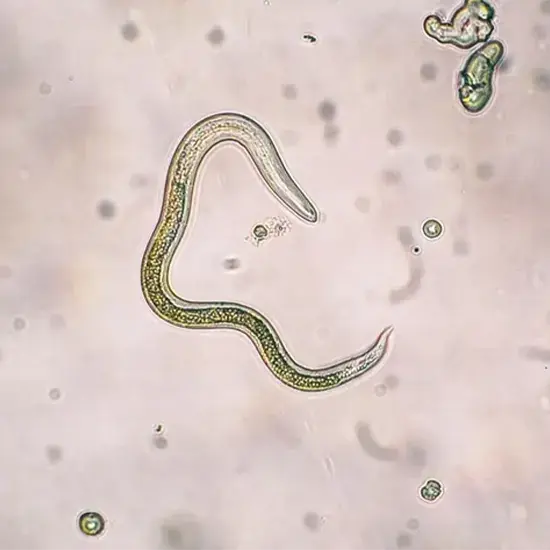
A 66-year-old man from Albany, New York, who received the other kidney from the same donor, developed similar symptoms. However, upon learning of the first patient's condition, his medical team promptly diagnosed and treated him with antiparasitic medications, including ivermectin and albendazole. Fortunately, his condition improved without severe complications.
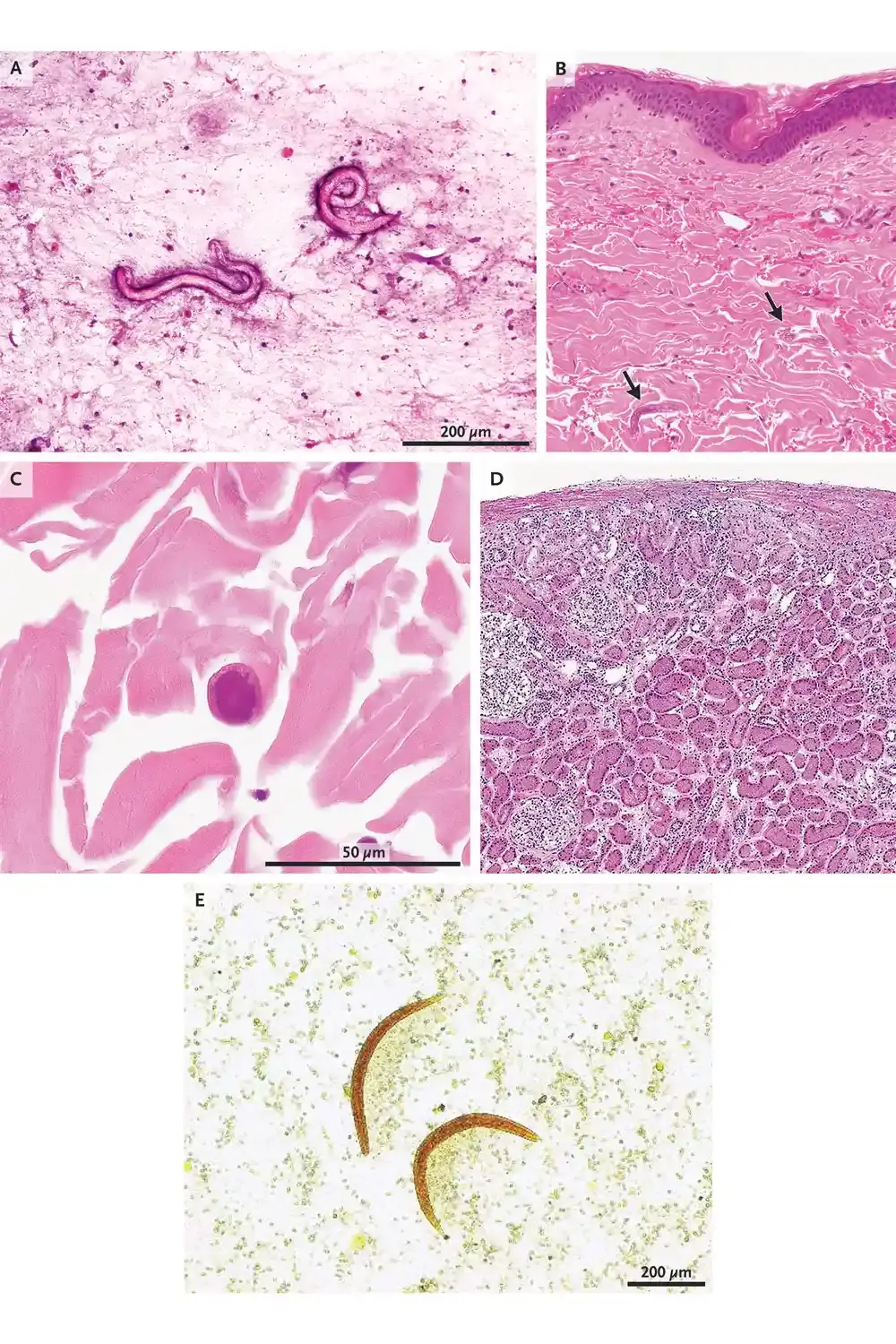 Close-ups of the parasites inside the patient's body.
Close-ups of the parasites inside the patient's body.
2025 Massachusetts Medical Society
Importance of Donor Screening
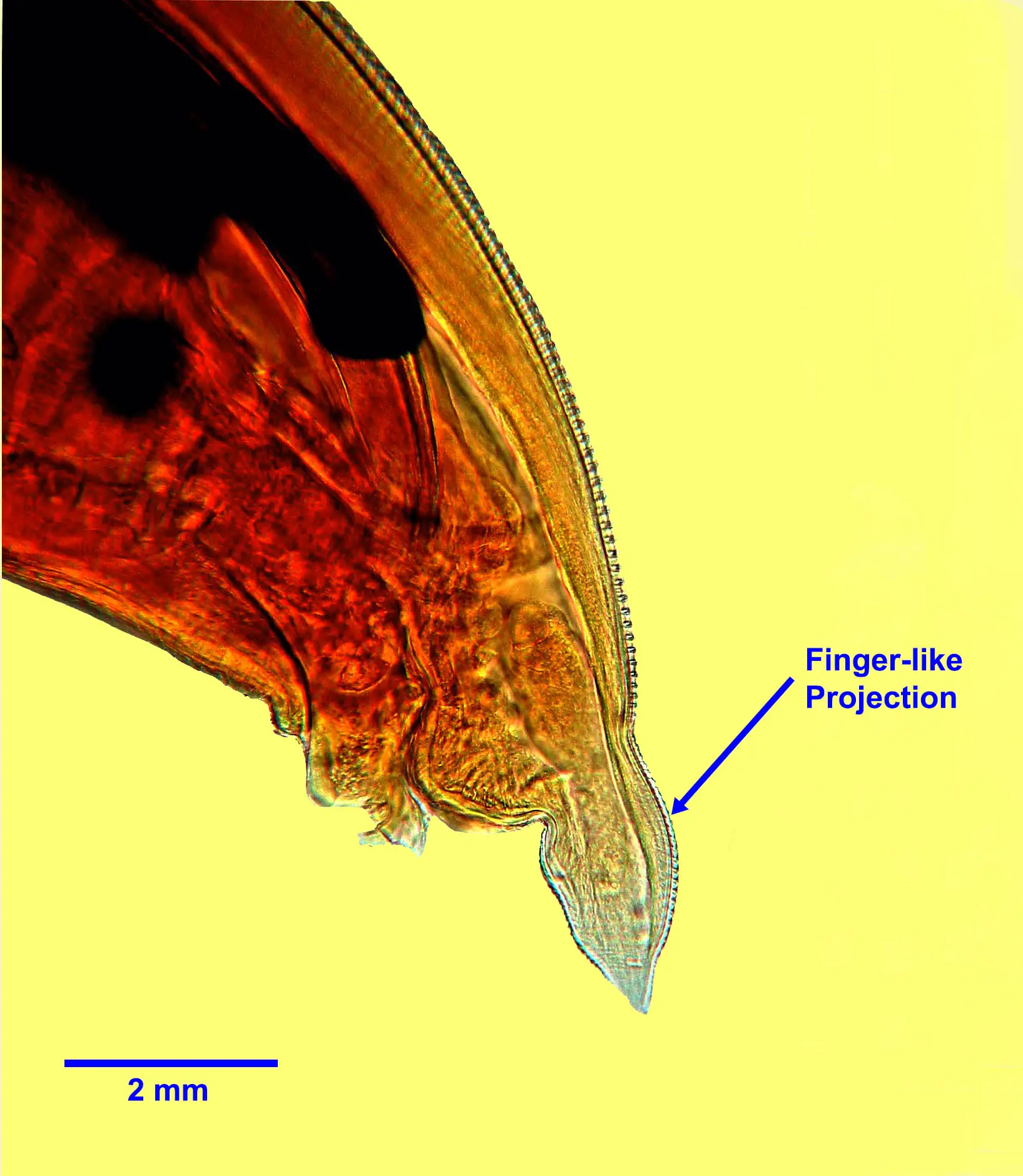
This case highlights the necessity for comprehensive screening of organ donors for parasitic infections. Immunocompromised transplant recipients are particularly vulnerable to infections, and proactive measures can prevent serious health issues. Healthcare professionals emphasize the need for vigilance and timely intervention in such scenarios.
Conclusion
While organ transplantation offers life-saving benefits, it also carries risks, including the potential transmission of infections from donor to recipient. This rare case serves as a reminder of the importance of rigorous donor screening and the need for healthcare providers to remain alert to unusual infections in transplant patients.
Sources:
-
"Case 17-2025: A 61-Year-Old Man with Respiratory Failure and Shock after Kidney Transplantation" – New England Journal of Medicine.
-
"2 Men Get Infected with Parasitic Worms from Same Kidney Donor: 'Rounded Heads and Tapered Tails'" – People Magazine.
-
"Strongyloides Infection: A Global Health Concern" – Centers for Disease Control and Prevention (CDC).









